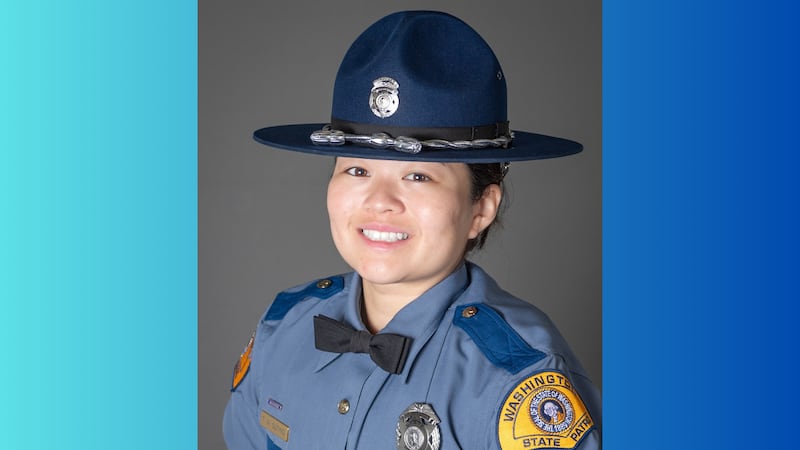The U.S. soldier who massacred 16 Afghan civilians during pre-dawn raids last year has been sentenced to life in prison without parole.
Staff Sgt. Robert Bales had pleaded guilty in June and this week apologized for the first time for his "act of cowardice." The jury’s vote was returned Friday after deliberating for 1 hour and 40 minutes.
But he did not explain the atrocities to a military jury considering whether he should one day have a shot at freedom.
Bales said he would bring back the victims of his March 11, 2012, attack "in a heartbeat," if possible.
"I'm truly, truly sorry to those people whose families got taken away," he said in a mostly steady voice. "I can't comprehend their loss. I think about it every time I look at my kids."
Bales, 40, did not recount specifics of the horrors, but described the killings as an "act of cowardice, behind a mask of fear, bullshit and bravado," and said he hoped his words would be translated for the villagers, none of whom was in the courtroom.
The father of two from Lake Tapps, Wash., was serving his fourth combat deployment when he left his outpost at Camp Belambay, in Kandahar Province, in the middle of the night to attack the villages.
His attorneys previously made much of Bales' repeated deployments and suggested that post-traumatic stress disorder and traumatic brain injury may have played a role in the killings. But they offered no testimony from medical experts on that point, saying they saw little point in making the case a battle of the experts.
Instead, they rested their defense after Bales finished speaking Thursday.
Saying he was nervous to address the court, Bales sat at the witness stand as his wife cried in the front row of the courtroom. Bales himself briefly became emotional, especially choking up as he apologized to his fellow soldiers.
"I love the Army, I've stood next to some really good guys, some real heroes," he said. "I can't say I'm sorry to those guys enough.
"Nothing makes it right," he added. "So many times before I've asked myself. I don't know why. Sorry just isn't good enough. I'm sorry."
His statements were not made under oath, which prevented prosecutors from cross-examining him.
Information from The Associated Press is included in this report.
KIRO





